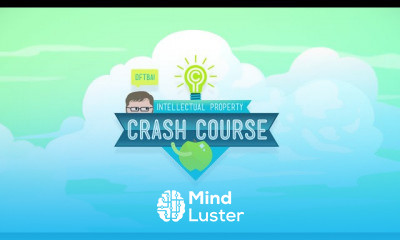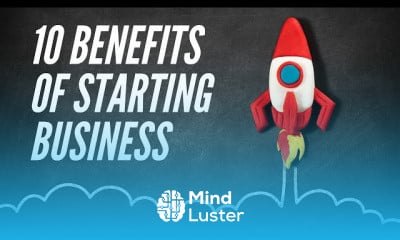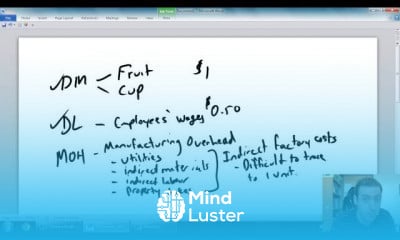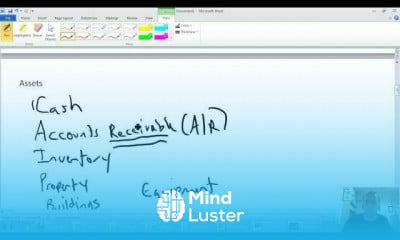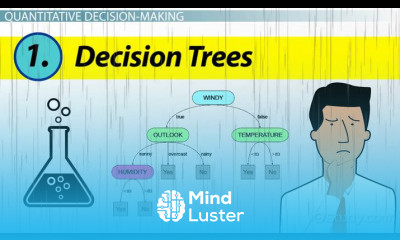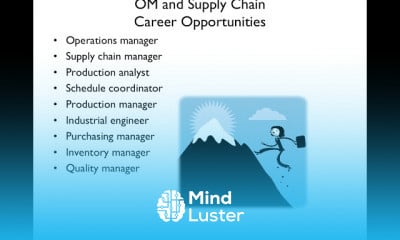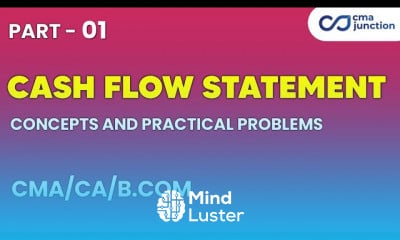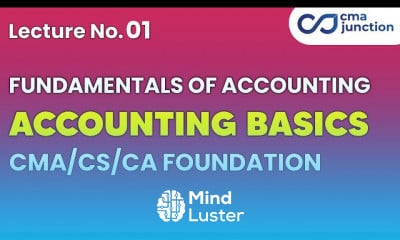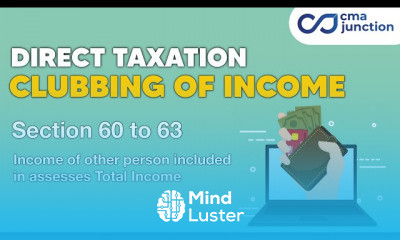Enriching Executive Development
Share your inquiries now with community members
Click Here
Sign up Now
Lessons List | 41
Lesson
Show More
Lessons
Comments
Related Courses in Business
Course Description
Human resources plays many roles in a company. The department manages employee relations, talent acquisition, payroll, onboarding, and much more. One more duty of HR is talent management.
This is key to keeping your organization moving ever closer to its goals.
Discover:
What Is Talent Management?
The importance of Talent Management
Talent Management Model
Talent Management Strategy
Building Your Talent Management Strategy
The Talent Management Process
The 7 Steps of a Great Talent Management Process
What Is Talent Management?
Talent management is a constant process that involves attracting and retaining high-quality employees, developing their skills, and continuously motivating them to improve their performance.
The primary purpose of talent management is to create a motivated workforce who will stay with your company in the long run. The exact way to achieve this will differ from company to company.
Talent management in HR
Talent management naturally encompasses many of the responsibilities of HR.
All the same, it is not enough to expect that just because you have an HR department, you are managing talent.
You need to have a talent management strategy in place designed just for your company to gain optimal results.
The importance of Talent Management
The simple answer is because it capitalizes on employees — arguably, the most important asset of your company.
Talent management helps you maximize the value of employees.
The importance of Talent Management
Source: www.mckinsey.com
As you can see from the graph above, there is widespread agreement that talent management is effective (or even very effective) at attracting and retaining talent as well as improving overall performance.
There are a few main reasons why this is the case.
1. It helps businesses improve performance
With top specialists in your organization, you can reach any goal.
Image displays relationship between talent management practices and outcomes: rapid talent allocation, positive employee experience, strategic HR team and their effect on effective talent management.
Source: www.mckinsey.com
Talent management is most effective of all when it combines three key components: rapid talent allocation, positive employee experience, and a strategic HR team.
2. It allows companies to stay competitive
By hiring and developing talented employees, your organization becomes stronger and better prepared to face changes and risks.
3. It drives innovation
New technologies are always hitting the scene, whatever your industry. Talented employees are able to find ways to harness the capabilities of new tools and solve problems or come up with original ideas.
4. It helps form productive teams
The appropriate talent management strategy will allow you to form a more productive team. This is far more useful than just having a bunch of creative and talented people in your organization.
5. It decreases turnover
When employees feel valued at a company, when they know they will have plenty of opportunities to grow in the business, they are less likely to seek work elsewhere.
6. It leads to strong employer branding
Talent management brands your company as an employer. This helps you to attract the best candidates for future hires.
7. It motivates others to grow
Having inspiring talent on your team will motivate other employees and help them grow.
Trends
Graphic design tools for beginners
Financial Accounting
Figma for UX UI design
Accounting Finance course
Logo Design
Advanced Logo design methods
Graphic Design | Photoshop
Web design basics
UX design career in 2025
Customizing type for logos
Accounting
Best zoology books
Essential skills for web designers
Web Design Using HTML CSS
Graphic Design Basics
Web Design 101 Free Full Course
Freelance graphic design business
SQL for accountants and finance managers
Mastering logo design in illustrator
Figma Signing Up and Signing In
Recent
Bioinformatics basics
Bioinformatics databases
Vitamin A to Z tablets
Best zoology books
Best cream for piles pain
Laser surgery for piles
Best cream for piles
Anal fissure treatment
Best antibiotics for diseases
Antibodies structure
Macrophage structure
Drosophila genetics
Diagnostic tests
Bioinformatics
Genetics
Gene therapy
Kidney structure
DNA replication and types
Bacterial cell structure
Parasite structure






